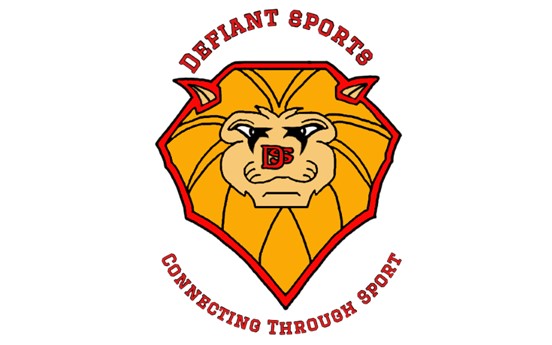
Folly Wildlife Rescue

Each year some 3500 injured, orphaned, sick or distressed wild animals and birds are admitted to our centre where they receive expert care and veterinary treatment. Some (but very few) have fallen from nests in high winds, or are the survivors of attack or predation by other wild animals, but by far, the vast majority are the victims of human activity. Road traffic accidents, entanglement in netting, fishing line and fish hooks, nest destruction, poisoning, burning, immersion in or ingestion of chemicals and attack by domestic cats and dogs are just a few of the incidents we deal with. (See the section ‘Wildlife Hazards’ for a more comprehensive list). Although no precise figures are available, it is likely that many millions of wild animals are being killed and injured every year in the UK, in accidents that are largely preventable. A large part of our work at Folly involves caring for young animals and birds that have been orphaned or separated from their parents, usually as a result of human interference.
We hand-rear everything from baby badgers, to day-old sparrows and even tiny goldcrests and at the height of the breeding season are caring for hundreds at a time. Huge numbers of casualties are successfully returned to the wild (and always back to where they came from) but inevitably, some are just too badly injured and in these cases, very sadly, they have to be put to sleep. Our education programmes, conducted primarily through leaflets and talks to school children and community groups, aims to raise awareness of the plight of our wildlife and hopefully help reduce the number of accidents and incidents occurring. Additionally, many animals and birds are needlessly and wrongly persecuted and we work to dispel the many myths and misconceptions that can sometimes lead to them being harmed. For example, magpies are killing all our songbirds, foxes 'kill for fun' etc. But our main aim is to promote an interest in, and respect for our natural wildlife heritage, which is under growing threat and in some cases (the hedgehog for example) at great risk of extinction.
Folly Wildlife Rescue
We hand-rear everything from baby badgers, to day-old sparrows and even tiny goldcrests and at the height of the breeding season are caring for hundreds at a time.
Huge numbers of casualties are successfully returned to the wild (and always back to where they came from) but inevitably, some are just too badly injured and in these cases, very sadly, they have to be put to sleep.
Our education programmes, conducted primarily through leaflets and talks to school children and community groups, aims to raise awareness of the plight of our wildlife and hopefully help reduce the number of accidents and incidents occurring.
Additionally, many animals and birds are needlessly and wrongly persecuted and we work to dispel the many myths and misconceptions that can sometimes lead to them being harmed. For example, magpies are killing all our songbirds, foxes 'kill for fun' etc.
But our main aim is to promote an interest in, and respect for our natural wildlife heritage, which is under growing threat and in some cases (the hedgehog for example) at great risk of extinction.
Each year some 3500 injured, orphaned, sick or distressed wild animals and birds are admitted to our centre where they receive expert care and veterinary treatment. Some (but very few) have fallen from nests in high winds, or are the survivors of attack or predation by other wild animals, but by far, the vast majority are the victims of human activity. Road traffic accidents, entanglement in netting, fishing line and fish hooks, nest destruction, poisoning, burning, immersion in or ingestion of chemicals and attack by domestic cats and dogs are just a few of the incidents we deal with. (See the section ‘Wildlife Hazards’ for a more comprehensive list). Although no precise figures are available, it is likely that many millions of wild animals are being killed and injured every year in the UK, in accidents that are largely preventable. A large part of our work at Folly involves caring for young animals and birds that have been orphaned or separated from their parents, usually as a result of human interference.

The help they provide
Where they help (Areas):Wealden
Who they help (Beneficiaries):Animals
How they help (Services):Advice, Information & Advocacy, Environment/Conservation
Get In Touch
The Broadwater Forest Wildlife Hospital
Fairview Lane
Tunbridge Wells
TN3 9LU
Email:admin@follywildliferescue.org.uk
Telephone:01892543213







